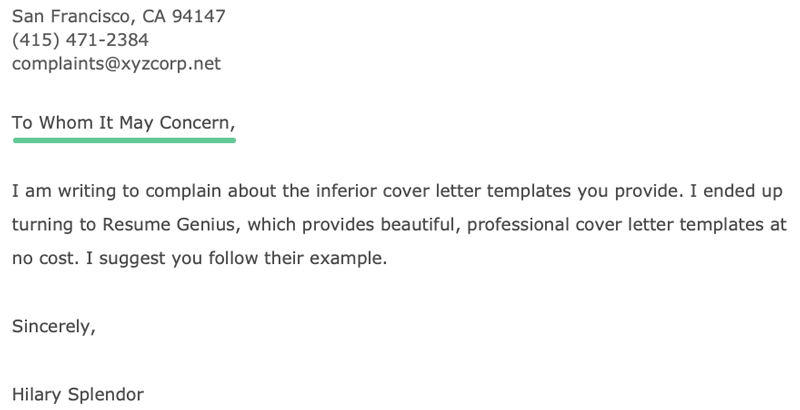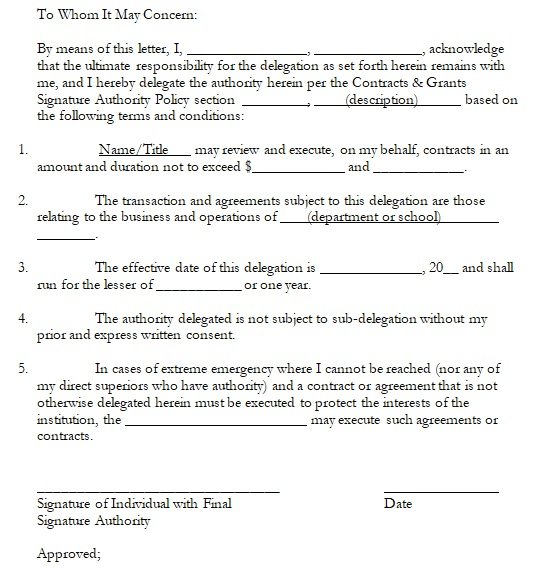
These pages are frequently linked at the very bottom of the website. Companies that feature employees on their about page make it much easier to figure out who will be reading your cover letter. Look for an about page, company directory, or contact page. Start off by browsing the company’s website. With this information, a little detective work can reveal the name of the hiring manager. Examples of “reports to” mentions in real job postings. Search the Company Websiteįew job postings list the hiring manager by name but many will tell you the position to which you’d be reporting. Here are some tips for finding the hiring manager. However, it can be difficult to identify the hiring manager, and your educated guess could cause you to address your cover letter to the wrong person. The best way to personalize your cover letter is to address the hiring manager by name. The healthcare recruiter agreed: “If you’re sending it straight to a hiring manager who’s looking at a much lower number of applicants, they might actually read that.” 2) Search for the Hiring Manager’s Name “For us, it’s just an extra step in an already elongated process.” “It’s mostly for the hiring manager,” said a recruiter in the non-profit industry. That might be an overstatement - most don’t, some do - but many recruiters would admit that they aren’t the intended audience of a cover letter. “Recruiters do not read cover letters,” a long-time healthcare recruiter told Jobscan. That doesn’t mean you should address your cover letter to them. 3 Key Tips for Addressing Your Cover Letter 1) Don’t Address Your Cover Letter to the Recruiterįor many job openings, the first person you need to impress is a corporate recruiter. Get instant feedback on your cover letter with Jobscan’s cover letter optimization tool.

So what’s the best way to replace “To Whom It May Concern” on your cover letter? Fixing the first mistake could cause you to make the second. This puts job seekers in a tricky situation. Most job postings don’t specify who will be reading your cover letter.

It may also imply that you haven’t researched the company or that you assume the letter can be read by anyone. In our modern age of personalization, To Whom It May Concern is both an antiquated and detached way to address a cover letter.


 0 kommentar(er)
0 kommentar(er)
